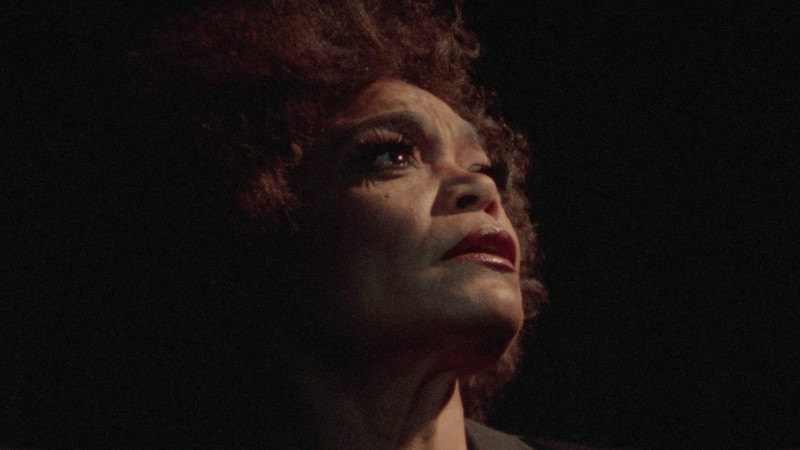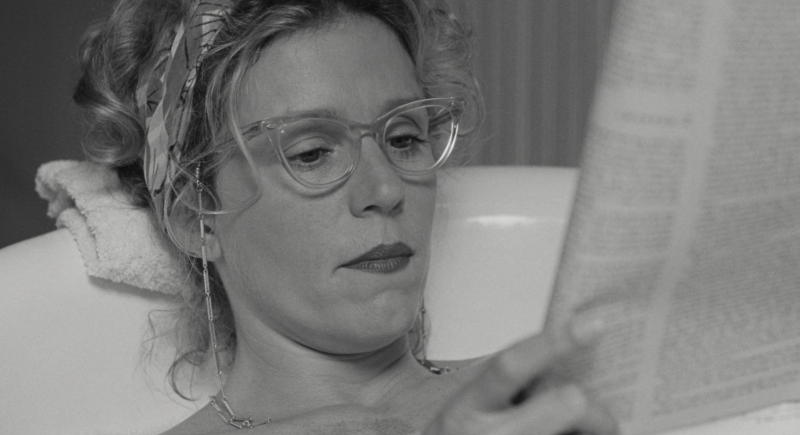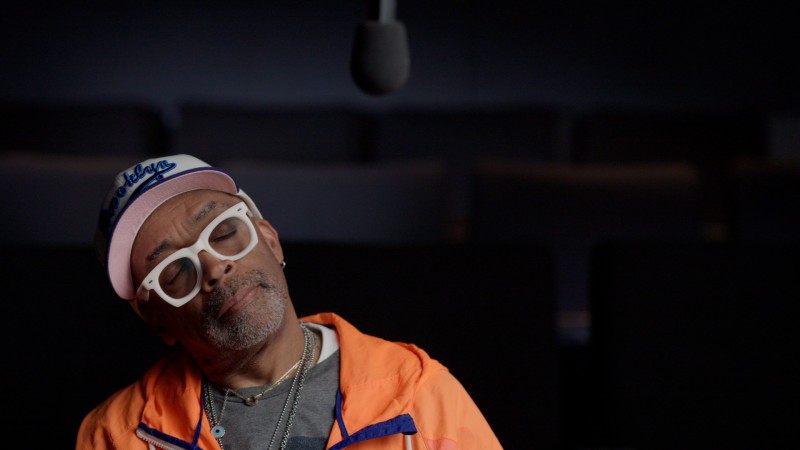Richard Corliss (1944–2015), a Passionate Critic

A well-deserved profusion of obituaries has reported in detail the achievements of Richard Corliss as a film journalist. Few critics have had such an encyclopedic knowledge of the movies that matter, and few can express their enthusiasm or their aversion with such eloquence. He was younger than I, but we were both born during World War II, and, if too young to be children of Carné’s Paradise , we were, like so many others of our generation, children of The Seventh Seal. We shared a passion for early Bergman and the art-house achievements of the 1960s.
Richard and I first corresponded in the early 1970s, soon after he had become editor of Film Comment . But although we would enjoy a passing acquaintance during the hurly-burly of Cannes over the years, it was only about a decade ago that we began to spend more time together. I asked Richard if he would take part in the first panel I moderated for the Venice Film Festival, in 2006. The subject was European films in the United States, and Richard sat alongside Molly Haskell and Jonathan Rosenbaum as we discussed the role of festivals in promoting foreign-language films, the advantages of subtitling over dubbing, and so on.
Richard could hold forth (though he never pontificated) on almost any topic—and did so frequently in my encounters with him in Venice in the ensuing years. During one of my panels, he talked about the spaghetti Western and its influence on Tarantino, and discussed the quirkish characteristics of Sergio Corbucci at length and without a hint of condescension. In 2009, we celebrated, a few months in advance, the centenary of Kurosawa’s birth, and in 2012 we extolled the virtues of microbudget filmmaking, with Richard discussing Maya Deren and Stan Brakhage alongside such less experimental, if equally low-budget, movies as The Immoral Mr. Teas , El mariachi, and The Blair Witch Project, which had struck it rich at the box office.
When Alberto Barbera introduced the Biennale College Cinema program in 2013—to encourage young filmmakers to produce professionally made work Richard, in company with his fellow U.S. critics Mick LaSalle and Stephanie Zacharek on my panel, brought a sympathetic eye to bear on the first films presented, always admiring the skill with which they had been made, for the equivalent of a mere $175,000 or so. He was committed, he said, even with such a mass-market platform as Time magazine, to talking about films made on the slimmest of budgets.
His wife of more than forty years, Mary, had become a legend at the Museum of Modern Art’s stills archive before it was cruelly dismantled. Mary, Richard, my wife Françoise, and I would have annual dinners on the Lido, where he would talk about such things as his erstwhile colleagues Pauline Kael and Andrew Sarris, his love for Ernst Lubitsch and Samson Raphaelson, and his fears for the future. Shooting movies on celluloid was a disappearing act, he recognized. “Venice, Cannes, and the rest may have to change their names to the Moving Image Festival,” he said with a laugh.
Richard could don a black tie with the best of them, but in everyday life he was remarkably modest. We would see Mary and him enjoying a late-night pizza at one of the modest snack bars along the Gran Viale Santa Maria Elisabetta, far from the glitz of the red-carpet screenings up the Lido, and often after attending a rare classic in the festival’s Retrospektive. Richard rarely relaxed in public; he was forever bustling hither and thither. “I’m on deadline,” he would apologize as he hastened to the hotel garden, opened up his laptop, and began to write. He always found time to acknowledge his friends, however. When my book on Louise Brooks appeared in 2006, he praised it with affection in his column at Time.com.
Richard prized Venice above all festivals, I think, because the city itself and the atmosphere it exudes seemed to accord with his vision of cinema—rooted in an enchanted past and yet open to new directions. When Gravity opened the 2013 festival, Richard’s enthusiasm was second to none. Speaking of his experience on the selection committee of the New York Film Festival, he used to reflect that festivals can discover films but not invent them, and that a great festival must lead by example.
Writing to me after Venice in 2014, he referred to our “magical” dinner in the garden of the Hotel Quattro Fontane, adding, “We must do it again next year—as Richard Roud used to say, ‘If we’re spared.’” But alas, this “very parfit gentle knight” has left us all too soon.
This is one in a series of pieces devoted to film figures Cowie has gotten to know in the course of his career. Read his introduction to the series here.



